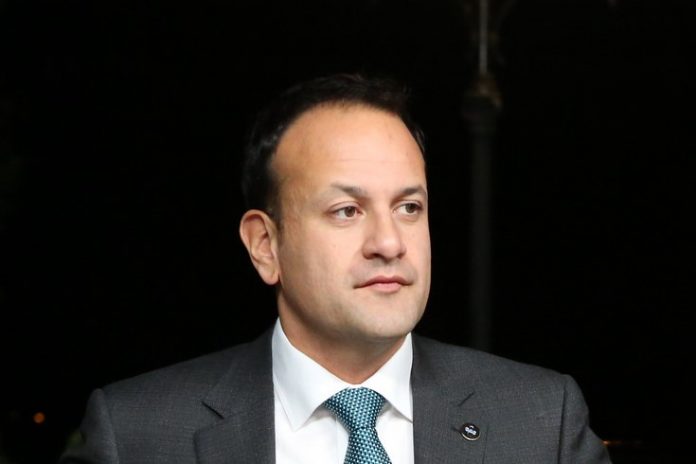British Prime Minister Theresa May called Irish Prime Minister Leo Varadkar on November 5.
“The prime minister raised the possibility of a review mechanism for the backstop,” said a statement released by Varadkar’s office.
“The taoiseach [prime minister] indicated an openness to consider proposals for a review, provided that it was clear that the outcome of any such review could not involve a unilateral decision to end the backstop. He recalled the prior commitments made that the backstop must apply ‘unless and until’ alternative arrangements are agreed.”
As reported by The Guardian, Downing Street confirmed the call had taken place “to take stock of the progress being made in the negotiations”, and the two leaders had discussed the outstanding issues in the Brexit talks.
A No 10 spokesman said the British and Irish leaders had agreed the backstop would be “a temporary arrangement”, but May had emphasised that there would need to be “a mechanism through which the backstop could be brought to an end”.
May is under intense pressure from several members of her cabinet to secure a means by which any backstop agreements can be time limited and able to be terminated by the UK.
On November 5, the Irish deputy prime minister, Simon Coveney, tweeted: “The Irish position remains consistent and v clear: that a ‘time-limited backstop’ or a backstop that could be ended by UK unilaterally would never be agreed to by IRE or EU. These ideas are not backstops at all + don’t deliver on previous UK commitments.”
The EU’s deputy chief Brexit negotiator, Sabine Weyand, retweeted Coveney, saying: “Still necessary to repeat this, it seems.”
The subject is at the heart of the Brexit negotiations, but Varadkar’s remarks indicate there are limits to what Ireland, and by implication the EU, will sign up to, reported The Guardian.
Cabinet members are due to discuss the Brexit talks on November 6 at their weekly meeting, but No 10 was earlier indicating that any update for senior members of the British government was not likely to be substantive because insufficient progress had been made.

